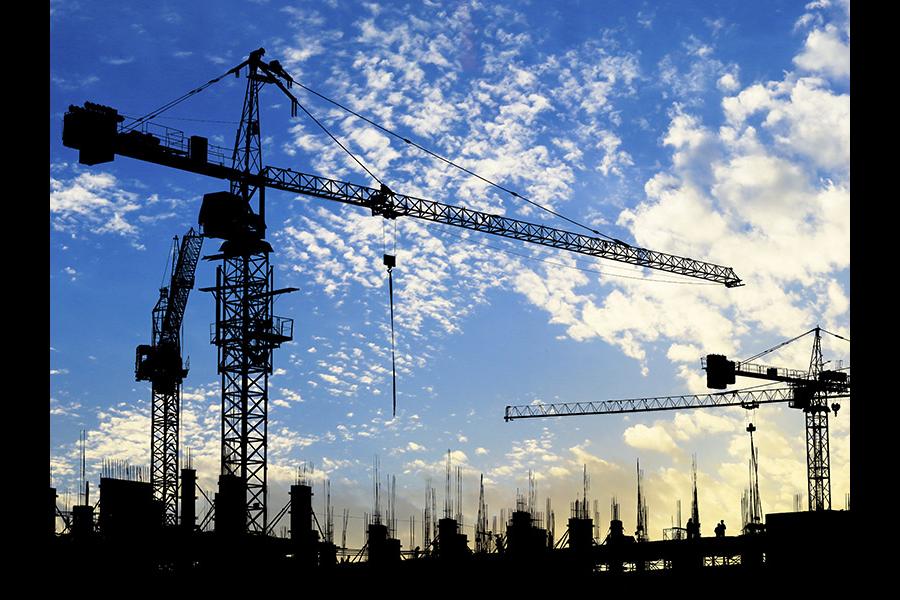Budget 2017: What it means for infrastructure sector
While the Budget saw a larger fiscal focus on infrastructure, similar thrust on infrastructure was missing in the Finance Minister’s tax proposals
The finance minister in the opening of his Budget speech attributed the optimism of the World Bank with respect to the GDP growth rate of India to increased spending on infrastructure and development projects among other things. He emphasized that the overall approach while preparing the Budget has been to spend more in rural areas, infrastructure and poverty alleviation while maintaining fiscal prudence.
The focus on infrastructure development includes upgradation of railway stations and tracks, modernization of corridors and feeding 7000 stations with solar power in medium term; increased budget allocation for highways and taking up select airports in Tier 2 cities for operation and maintenance in the PPP mode.
For energy sector, Government has decided to set up 2 more Strategic Crude Oil Reserves in Chandikhole in Odisha and Bikaner in Rajasthan. In solar energy, the Government has proposed to take up the second phase of Solar Park development for additional 20,000 MW capacity.
While the Budget saw a larger fiscal focus on infrastructure, similar thrust on infrastructure was missing in the Finance Minister’s tax proposals. The Budget proposes reduction in basic customs duty rates on solar tempered glass for manufacture of solar cells, panels and modules and catalyst and resin used in the manufacture of cast components of wind operated electricity generator. Further, it proposes reduction in excise duty rates on parts/ raw materials for manufacture of solar tempered glass and catalyst and resin used in the manufacture of cast components of wind operated electricity. However, the expectations of the sector in terms of simplification of certain indirect taxes and reduction in overall tax cost for capex appears to have been given a miss.
The finance minister clarified that he has preferred not to make many changes in current regime of Excise & Service Tax because the same are to be replaced by GST soon. This sure seems to be reason why some of the long pending demands of the industry was not considered in the current Budget. We expect that GST legislation will address the issues and expectations of the industry from an indirect tax perspective to a large extent.
- By Prashanth Bhat, Partner, Indirect Tax, BMR & Associates LLP with inputs from Dhiraj Agarwal, Associate Director
The thoughts and opinions shared here are of the author.
Check out our end of season subscription discounts with a Moneycontrol pro subscription absolutely free. Use code EOSO2021. Click here for details.
